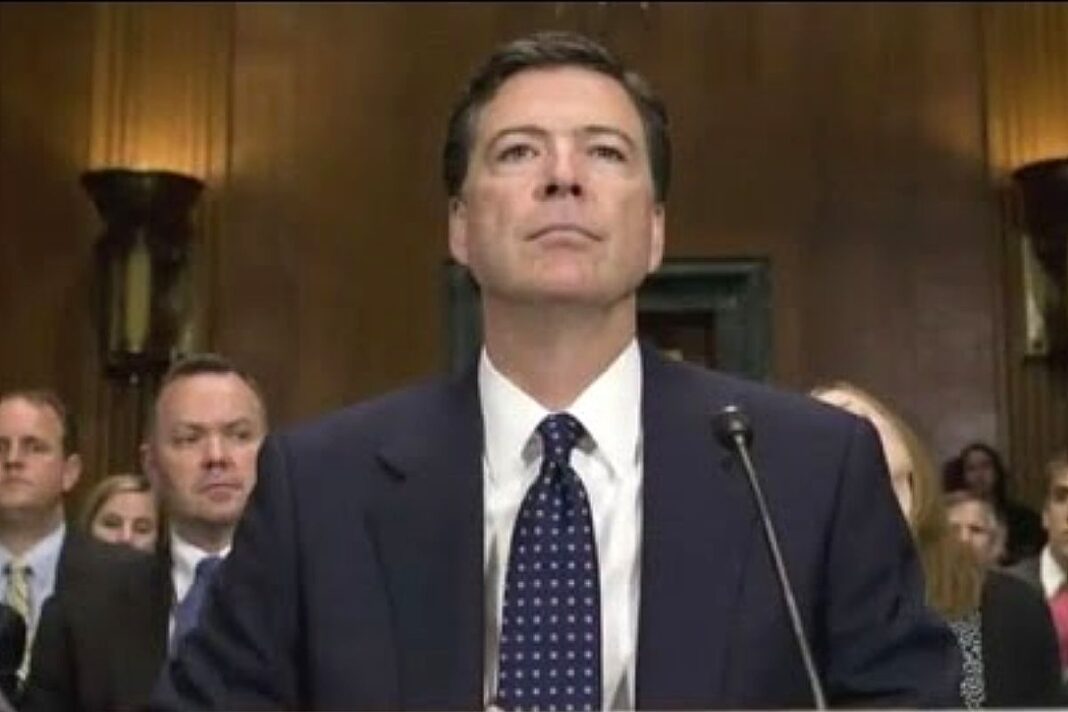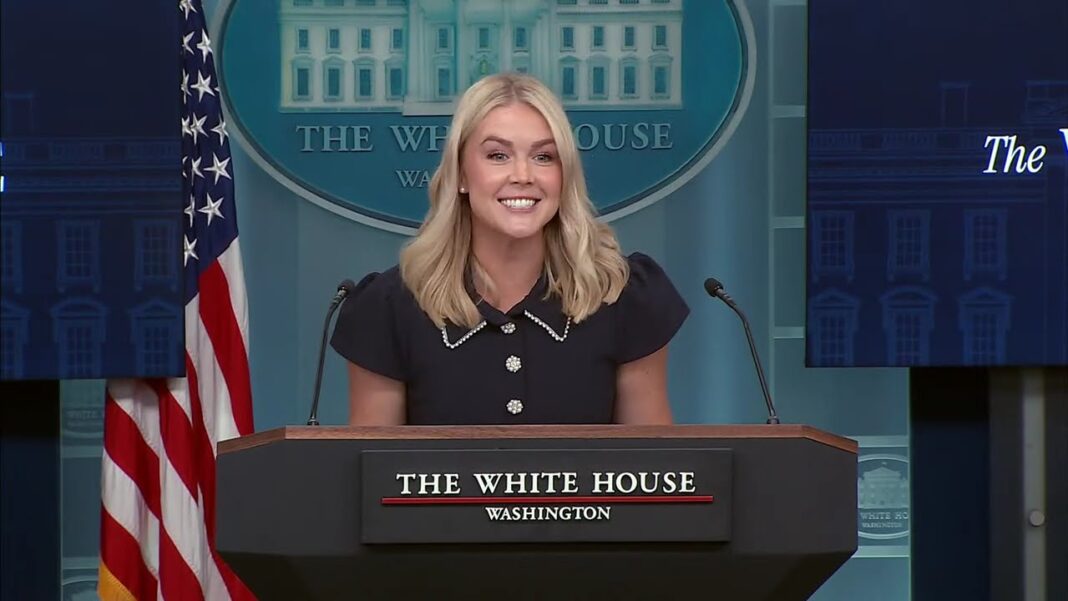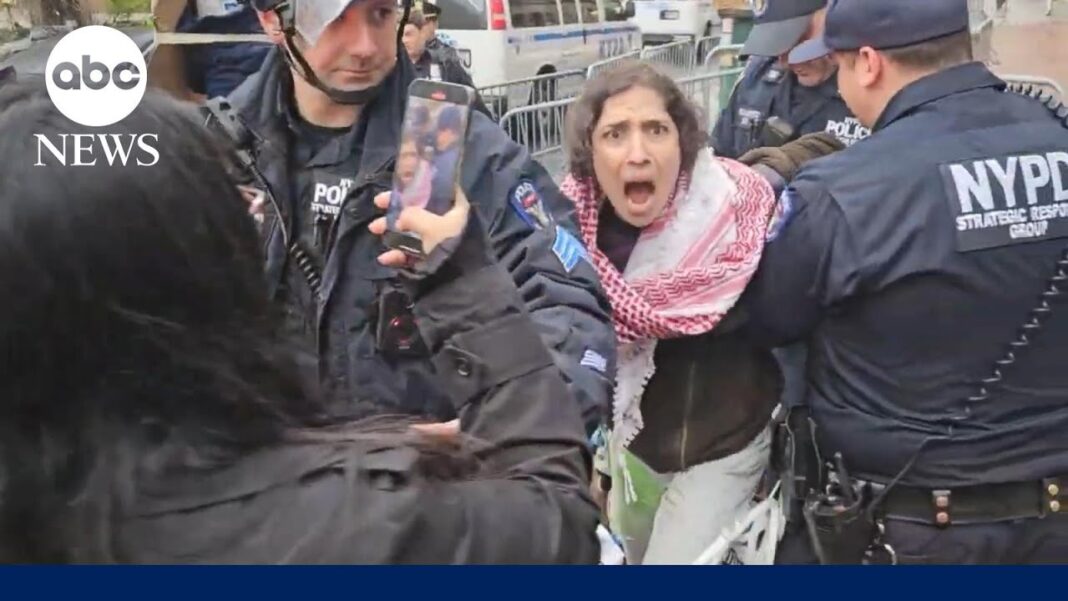The FBI confirmed illegal intel leaks but rounded up no offenders. Declassified memos have unmasked Comey’s secret media conduit, a law professor whom Comey put on the government payroll.
The FBI concluded numerous legacy news media stories that crafted the false Russia collusion narrative contained illegally leaked classified intelligence but failed to definitively identify the leakers. But agents did force a stunning admission that ex-FBI Director James Comey used a special conduit to the Pulitzer Prize-winning New York Times in his bid to polish his image and push for a special prosecutor to take down President Donald Trump.
Columbia University law professor Daniel Richman admitted to agents in interviews he routinely communicated on behalf of Comey, his longtime friend, with Times reporter Michael Schmidt, whose work was among the newspaper’s 2018 Pulitzer-winning stories on Russian election interference. The goal, Richman told the FBI, was “to correct stories critical of Comey, the FBI and to shape future press coverage” outside of the bureau’s official press office, according to internal FBI memos that current Director Kash Patel delivered to Congress this week.
While Richman was known to have been publicly quoted in news stories as an advocate for Comey, he admitted to agents — who were part of the FBI’s Arctic Haze classified leaks inquiry — that he was given access by Comey to what turned out to be highly classified information up to the SCI level and sometimes provided information to reporters on an anonymous basis.
Richman insisted he did not believe he had confirmed or provided classified intelligence to reporters but said he could not be 100 percent, the memos state, noting he could only make his leak denial “with a discount.”
“Richman was pretty sure he did not confirm the Classified Information. However, Richman told the interviewing agents he was sure ‘with a discount’ that he did not tell Schmidt about the Classified Information,” one FBI memo recounted.
In the end, the Justice Department decided not to pursue any criminal charges against Comey or any of his lieutenants or now-Sen. Adam Schiff despite potential evidence of leaks, saying it could not be certain of who leaked what and when.
But its interrogation of Richman and his admissions of significant contact with the Times‘ Schmidt provide the most detailed account to date of how Trump critics like Comey — who was fired by the president — used the media to craft narratives that ultimately turned out to be untrue or misleadingly overstated, the memos show.
You can read the FBI’s Arctic Haze memos here:
FBI Memos – Arctic Haze – Classified Leaks Investigation
By John Solomon and Jerry Dunleavy









